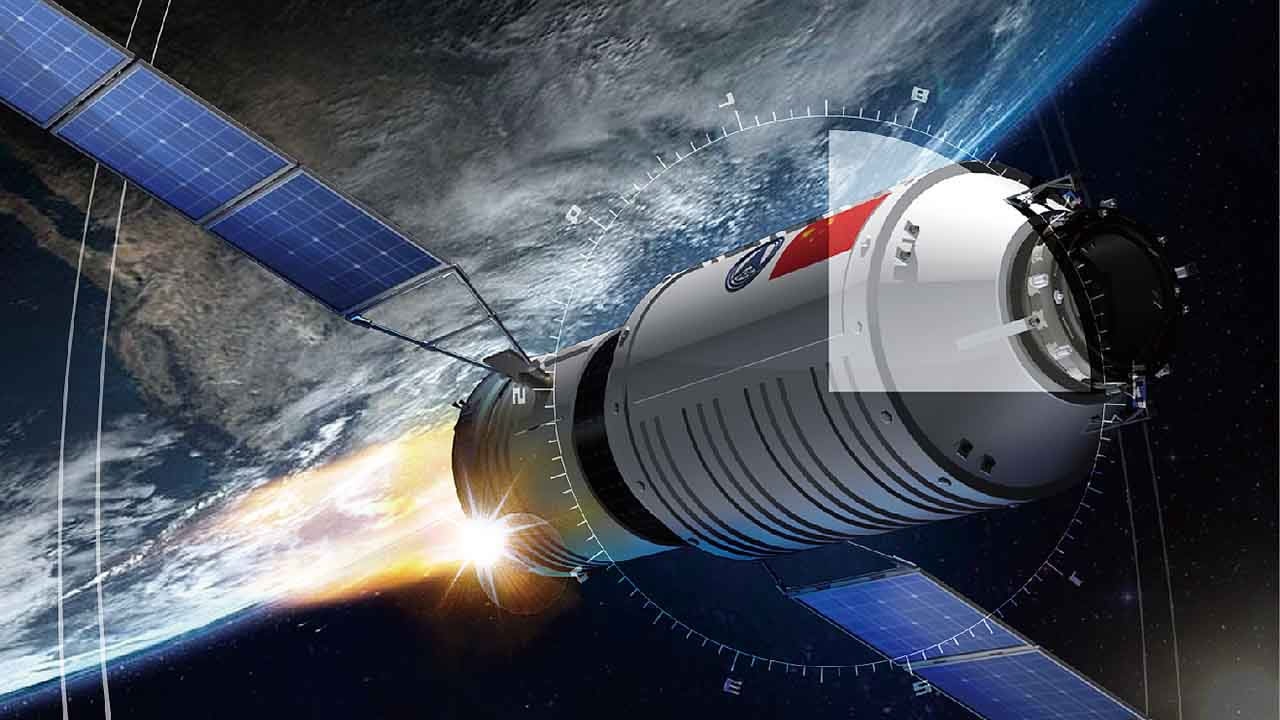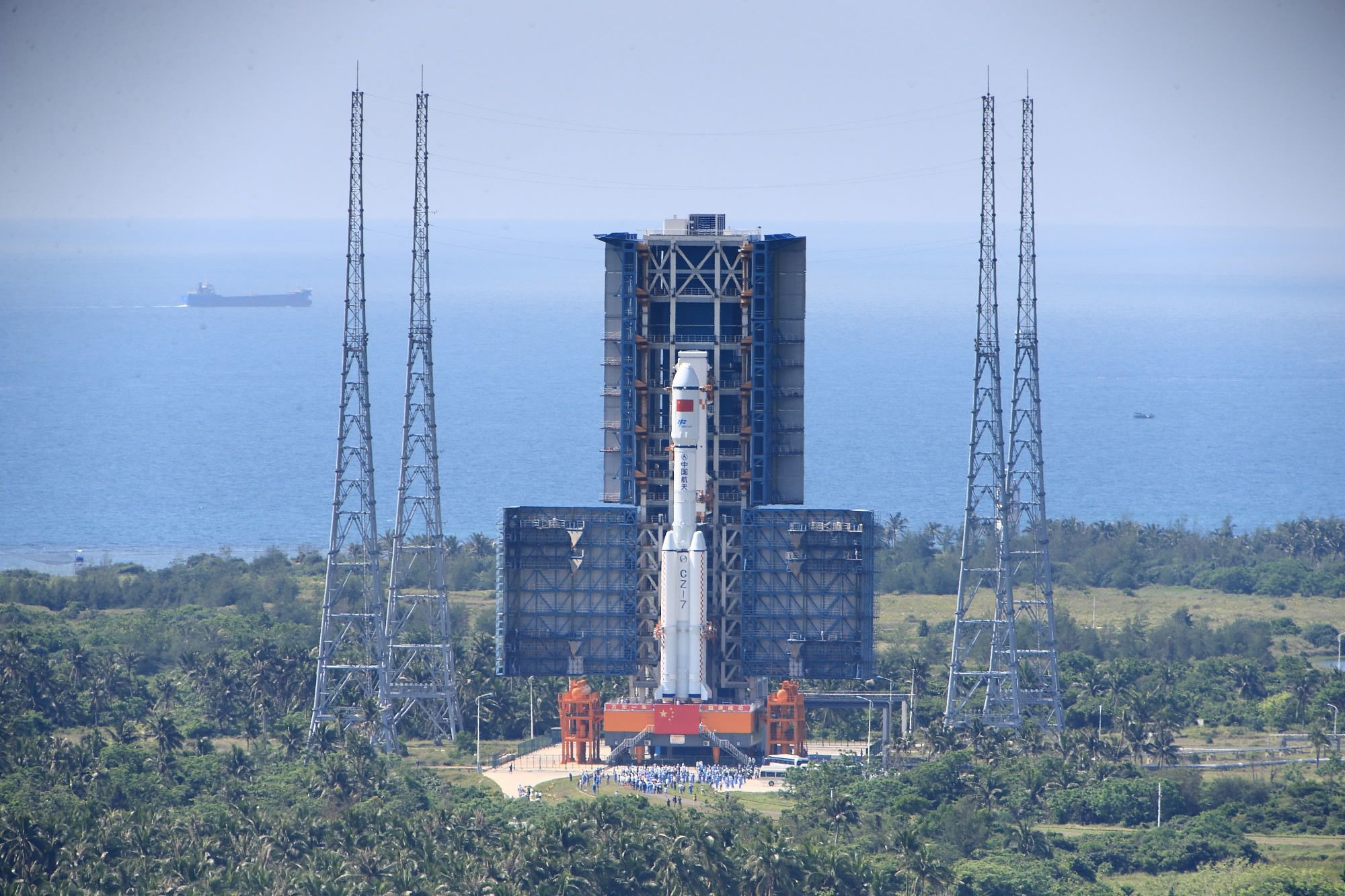
Tech & Sci
15:08, 20-Apr-2017
Curing liver disease and babies in space: How Tianzhou-1 research could affect our lives

By CGTN's Ge Yunfei
Apart from being the deliveryman to China’s space lab in orbit, China’s first cargo spacecraft Tianzhou-1 will carry out several experiments that could affect our future.
Li Xuzhi is the chief designer of the space application system of China's manned space missions. He told CGTN that the main scientific research mission to be carried out by Tianzhou-1 is to observe the activities of human bone cells and stem cells in an outer space environment.
“We want to observe the human bone cells’ proliferation and differentiation under micro-gravity circumstances, so that we can find a cure to the rarefaction of bones”, said Li.
China has over 120 million hepatitis B virus carriers. The liver diseases kill over 500,000 people in the country every year. A cure has yet to be found, but the solution may lie in space.

Tianzhou-1 is waiting for its maiden launch into space. /CFP Photo
Tianzhou-1 is waiting for its maiden launch into space. /CFP Photo
Li said “China was on the top list of countries that have the most patients with liver disease. For those waiting for liver transplants, it’s very hard to find a donor. We hope to find a way to eliminate the rejection of liver transplants and let human cells repair liver damage via stem cell research in space.”
The world shown in Hollywood blockbuster The Martian, which starred Matt Damon, may have seemed far off in the distant future. But the space immigration depicted in the film may not actually be that far away.
China has already done some research on that area, including the practicalities of conceiving babies while traveling in space.
Li unveiled China’s ambitious plan, “another research project is to observe the process of embryonic stem cells’ differentiation into germ stem cells in space. This is for the long-term goal of space immigration. During space travel, which is measured by light years, we have to figure out a feasible way of human reproduction."
Space exploration may seem remote and irrelevant to daily life, but through advances in research, experts say it could one day benefit everyone.
Related stories:
China's first cargo spacecraft Tianzhou-1 ready for launch
Countdown to the launch of China’s first cargo spacecraft Tianzhou-1
2313km

SITEMAP
Copyright © 2018 CGTN. Beijing ICP prepared NO.16065310-3
Copyright © 2018 CGTN. Beijing ICP prepared NO.16065310-3